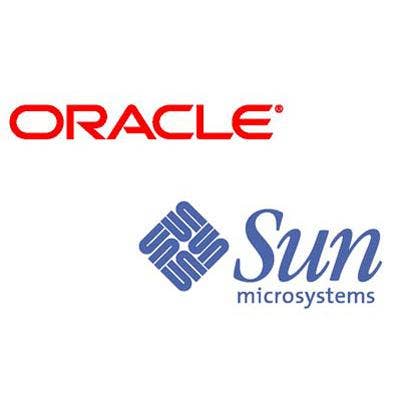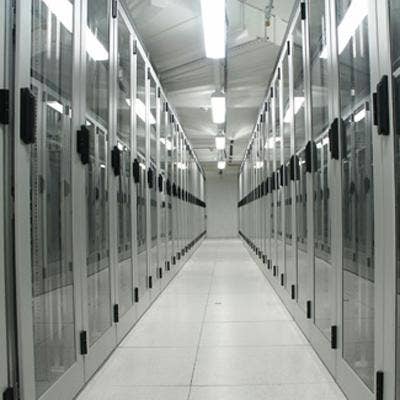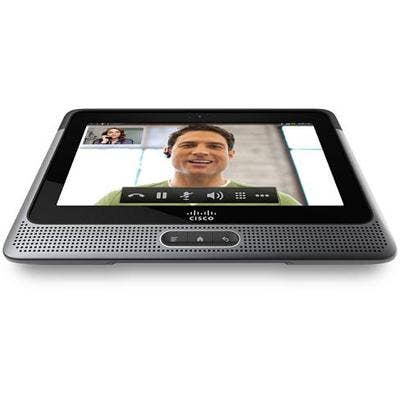10 Hot Channel Storylines For Fall

What's Cookin'
No one knows what will happen 10 minutes from now, let alone next month, but there are a number of trends, developments and all-out battles that are going to help shape the course of the IT channel this fall. As Labor Day weekend arrives to toll summers end, here are 10 storylines that are going to keep everyone debating over the next few months. Keep your antennae up.

Economy: Are We There Yet?
Well, are we recovering or not? Many channel companies saw green chutes this year, and after a difficult, down-n-dirty 2009, most observers agreed that the economy was picking up, the outlook was better, and 2010 would be a year of slow gains following a year of survival and followed by another year, 2011, where things would finally feel healthy again. Whether things have improved, at least at a macro level, aren't a source of much debate; how fast and how robustly they're improving are.
Gartner, for one, sees PC sales slowing down -- not to be confused with not growing -- for the rest of the year. And big tech vendor bellwethers like Cisco and Intel have sounded cautionary tones. Will we remember the downturn as longer, with the benefit of hindsight? A a double-dip recession? Or have tough times made us all a little more cautious of reading tea leaves?

HP: Who's The Boss?
When the CEO of the biggest technology company in the world abruptly resigns under a cloud (gulp) of scandal, it's a stop-everything kind of news day. But no sooner did HP confirm Mark Hurd's ouster than speculation on who would replace him -- a favorite parlor game of technology and business observers -- went into full swing. Will it be an HP stalwart like Ann Livermore or Todd Bradley? Or will be a bold choice of an outsider, like Cisco's Ned Hooper, or IBM's Steve Mills, or Apple's Tim Cook?
Lately, the punditocracy seems to have shined to Dave Donatelli (left), a 22-year EMC veteran driving HP's servers, storage and networking unit and who just this week lead HP to success in wrestling 3Par from Dell's clutches. Whoever the new top dog is at HP, he or she will have big channel shoes to fill; love him or not, say VARs, Hurd was a true channel advocate.

Undeniable Unease With Oracle-Sun
Oracle bought Sun for $7.4 billion, but for solution providers -- especially legacy Sun partners -- the FUD just keeps coming, in increasing doses. As of Oct. 16, according to Oracle, the Sun Partner Directory will no longer be available. On the software side of things, even as Oracle stresses its commitment to continue to update Sun software, it plans to de-emphasize OpenSolaris, creating fresh worry about Oracle's commitment to Sun's open source legacy, especially as Sun executives continue to exit. And on the hardware side, all the while, a number of legacy Sun solution providers are seeing hardware sales headed to HP and IBM.

The Clear Cloud War
Microsoft and VMware are at war over virtualization and cloud computing, and don't you forget it. The latest offensive, from Microsoft, came in the form of an advertisement in USA Today warning VMware customers of vendor lock-in and other drawbacks to going all-in with VMware for virtualization technologies. That the ad ran this week of all weeks -- that is, the week of VMware's VMworld conference -- is of course no accident, and only the latest instance of two companies that declared "en garde" in the virtualization and cloud spaces and haven't let up.
But they're hardly the only contenders in the race for cloud mindshare: a battle royale that involves everyone from small, cloud-computing start-ups to another Microsoft arch-nemesis, Google. Microsoft and Google are battling it out in cloud-based office productivity applications and in other places, and the fur, as they say, is flying.

My Data Center Is Better Than Yours
It's not enough for networking, infrastructure and storage vendors to offer data center products anymore; those vendors have a data center vision, and hearing vision, after vision, after vision this year has left solution providers a little fatigued. HP and Cisco are battling it out, sure; Cisco is reporting enormous quarter-by-quarter gains in adoption of its Unified Computing System (UCS), and case studies for UCS success have begun to trickle out as more and more VARs get access to the platform, and V-block packages -- the overall data center offering using a combination of Cisco, VMware and EMC products -- are entering two-tier distribution. But to limit the battle to HP and Cisco wrongfully discounts Juniper, Brocade, Enterasys, Extreme Networks and a great number of other vendors who have all laid claim to mindshare among channel partners in the data center battle. At the end of 2010, with so many visions of how the data center of the future should look brought to bear, whose is resonating most with VARs?

Vertically Viewed
There have always been vertical market-focused VARs: your retail expert, your financial specialist, your legal eagle. But as several vertical market categories like health-care stay hot and begin to yield greater returns for knowledgeable channel partners, the trend toward creating, sustaining and expanding vertical practices will be greater than ever before. Vendors are responding in kind; Cisco is one of the channel heavyweights looking to evolve its channel programs to better enable partners with vertical-specific practices. And there are new hot verticals to consider, too; smart grid energy concerns -- especially with the government stimulus-backed opportunity to build smart grid infrastructure -- represent one of several.

Android Invasion
You can look at analyst numbers til your eyes glaze over, but even with different metrics, they all reach the same conclusion: Google's Android mobile OS is a blockbuster, with a variety of hot devices -- dominated by, but not limited to, smartphones -- having now created an Android ecosystem. Android's growth is confirmed; whether the pace of that growth keeps up is the next question, especially as Android apps and Android devices are developed with increasingly greater consideration for business enterprise.

Stalking The Business Tablet
The debut of Apple's iPad thrust the tablet computer market into the limelight, and not a week goes by, it seems, without some kind of story, speculation or analysis about how the consumer-geared iPad is being eyed, accepted and even adopted for business use. As iPad competitors start to arrive, and UC-enabled tablets like Cisco's Cius (pictured) come on the horizon, the race is on to find the tablet that'll be primed for widespread adoption by enterprises the way Research in Motion's BlackBerry was the perceived fail-safe enterprise smartphone choice years ago.

Consolidation Nation
The titans are hungry: HP, Cisco, IBM, Google, Oracle, and other tech top dogs continue to make acquisitions -- some logical, some daring, some head-scratching -- at breakneck pace, with Intel's recent pickup of McAfee perhaps the summer's biggest capture so far. Many companies can be had for cheap with valuations shifting, and the mad dash toward cloud computing means every start-up perceived as having a strong cloud play could be a target. And how about the never-ending chug of that "who's buying who" rumor mill: this week's biggie is that Cisco is sweet on Skype. Will another major vendor be taken off the board in 2010?
Consolidation among VARs -- especially those looking to add competency, scale or vendor relationships -- is also continuing, but the smartest channel execs know that a proper M&A relationship means due diligence, risk and vision.

Revival Through Reinvention
The more we at CRN interview solution providers and the more we sift through feedback and discussion provided in the ChannelWeb Connect community, the more we're learning about a divide between channel partners: the ones that reinvented themselves to survive -- and thrive -- in the downturn, and the ones that didn't heed Jack Welch's advice to "change before you have to."
Be they former networking hardware resellers who caught the hosted VoIP wave years ago, or those who were providing cloud computing infrastructure before "cloud" was a buzzword, or who understood that security would be a critical piece in the solutions puzzle long before threats to businesses of all sizes grew exponentially. They're the solution providers that stayed ahead of the curve, or had the good sense to reinvent themselves. And as the economy ticks up, they'll be the elite. It's their stories, being told now, as we head in 2011, that will provide new measures for success and reaffirm old ones.